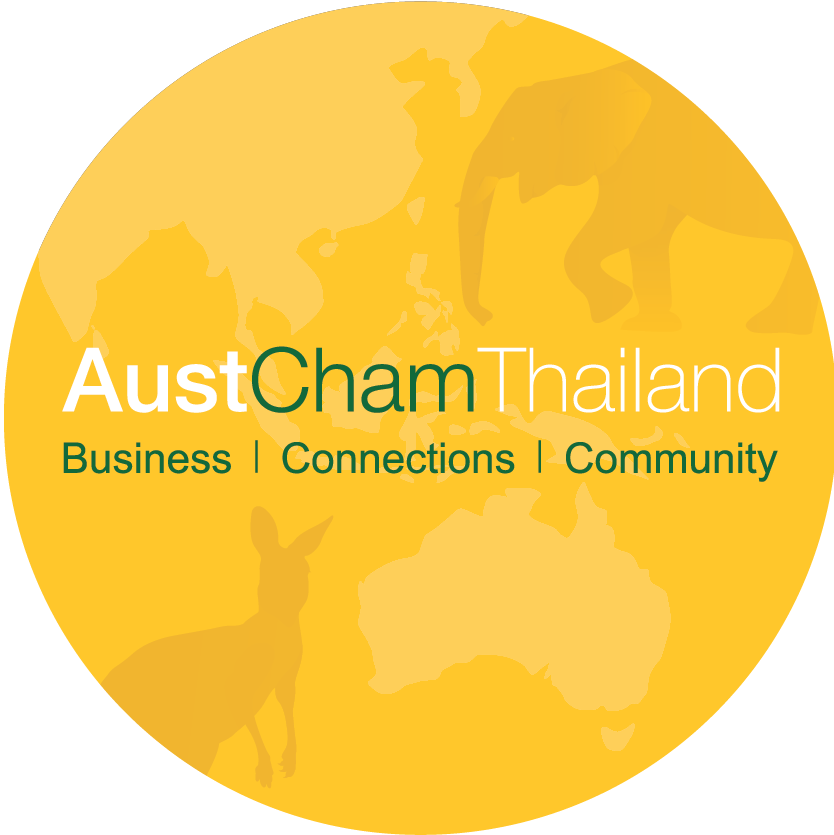By Oat Thanatawee, HR & Operations Director – Asia at SiteMinder
I’m fortunate to have two wonderful children. At 10 and 11, neither of them have an appreciation for just how much the world has changed since I was their age—but I do.
When I was growing up, children were expected to pursue careers in the STEM fields. Creativity didn’t pay the bills; science, technology, engineering and mathematics did.
Fast forward to today, my children can follow any career path they wish. If they want to pursue dance, arts or sport, then I—and modern society—say go for it.
And yet, it’s this freedom that makes my children crave even more choice than what they already have access to. This is especially true of my daughter, who thinks everything is too hard, too unfair. If her brother gets even just 5 baht more than she does, that’s simply unfair. My poor daughter. She will learn one day what fairness means, and why it doesn’t always exist—and why it doesn’t have to—but choice does. She certainly has that.
A taste of diversity
Where my generation was taught that graduating from university was the ultimate goal, today’s generation is taught, rightly, that graduating is just the beginning. It’s the choices you make thereafter that count.
Indeed, to my parents, the degree I selected was irrelevant and it is that mentality that had me thinking about what I wanted to do for a living only after I’d graduated. That might sound easy enough, unless you studied Plant Sciences like I did.
So, I eventually studied an area of passion: hospitality.
The proportion of men and women were fairly even at my university, and almost all my fellow students were fellow Thai people. Indeed, I didn’t get a taste of cultural diversity until I had the chance to study in the United States, where four-in-five students were from Asia, mainly from South Korea and Taiwan.
I learned a lot during my time in the US, but it didn’t come easy. I worked three jobs, which gave me a newfound understanding of the value of work ethic. It was that dedication that also allowed me to move up in the world, from working behind the front desk, to F&B, to regional management roles that I realise now became open to me only for my hard work. Imagine a Thai woman greeting guests at a Miami hotel!
In spite of the gruelling hours, I found it very fulfilling to apply myself to something I truly enjoyed.
Beautiful ironies
You could say that I’m here today, as a female leader within one of the world’s fastest-growing technology companies, because of my hard work, alone. In many ways, that would be true, but I also know that it’s due to the fact that I embraced change and I live in a country that comes with beautiful ironies.
In a continent renowned for its traditional—and often patriarchal—cultures, Thailand has shown that progressiveness can come from within. In the last 10 years, we have experienced our first female prime minister and seen many women rise through the ranks within some of the country’s largest corporations. Figures from Grant Thornton International last year revealed that the percentage of Thai women holding CEO and Managing Director positions in the private sector was 33%, more than double the world average of 15% and higher than the 21% average in South-East Asia.
The most recent study by UNESCO, in 2015, revealed that Thailand was well ahead of most countries in terms of women working in the STEM fields. More than half of female researchers in science, tech and innovation were female in Thailand, compared to 18% in South Korea and 15% in Japan.
I’m fortunate to have witnessed the shift from traditional stigmas of women being responsible for looking after the family, to sharing those responsibilities with our partners. And, this has been made possible by both men and women, with the rise of initiatives such as greater flexible working arrangements.
At SiteMinder, where I work, five of the eight leadership positions within Asia are today filled by women, including me. And, I’m proud to work for a company that empowers me to make positive changes, whether it’s in the way we adopt new technology or look at certain processes and programs. Complacency is perhaps the only thing not tolerated within our workplace; true to our company value of OK is not OK, we all, including women, are encouraged to see needs ahead and to do something about them now rather than wait for pressures to force us.
There’s always more to do and learn
Are women in Thailand paid equally to their male counterparts? Sadly, no, but I remain optimistic that we will see change, if not in my lifetime then certainly during my daughter’s. I’m positive that, one day, pay for all women and men in the country will not be “unfair”.
If I have any advice to share with my fellow women, it would be to look after yourself. Find time for yourself, always. It’s hard to balance family with work, so take care of yourself. Whether it’s finding time to run or exercise, or eating better, it’s important to pursue a passion. That will help inspire all assets of your life and ultimately allow everyone around you, and the next generation, to do the same.
From her earliest days behind the front desk at JW Marriott, to being responsible for the operations of some of Thailand’s largest organisations, Oat Thanatawee has established a 20-year career that spans her greatest passions: hospitality and people. Today Oat is the HR & Operations Director for Asia at Bangkok-based SiteMinder, the global hotel industry’s leading guest acquisition platform, which generates in excess of 100 million reservations worth over US$35 billion in revenue for hotels each year.

